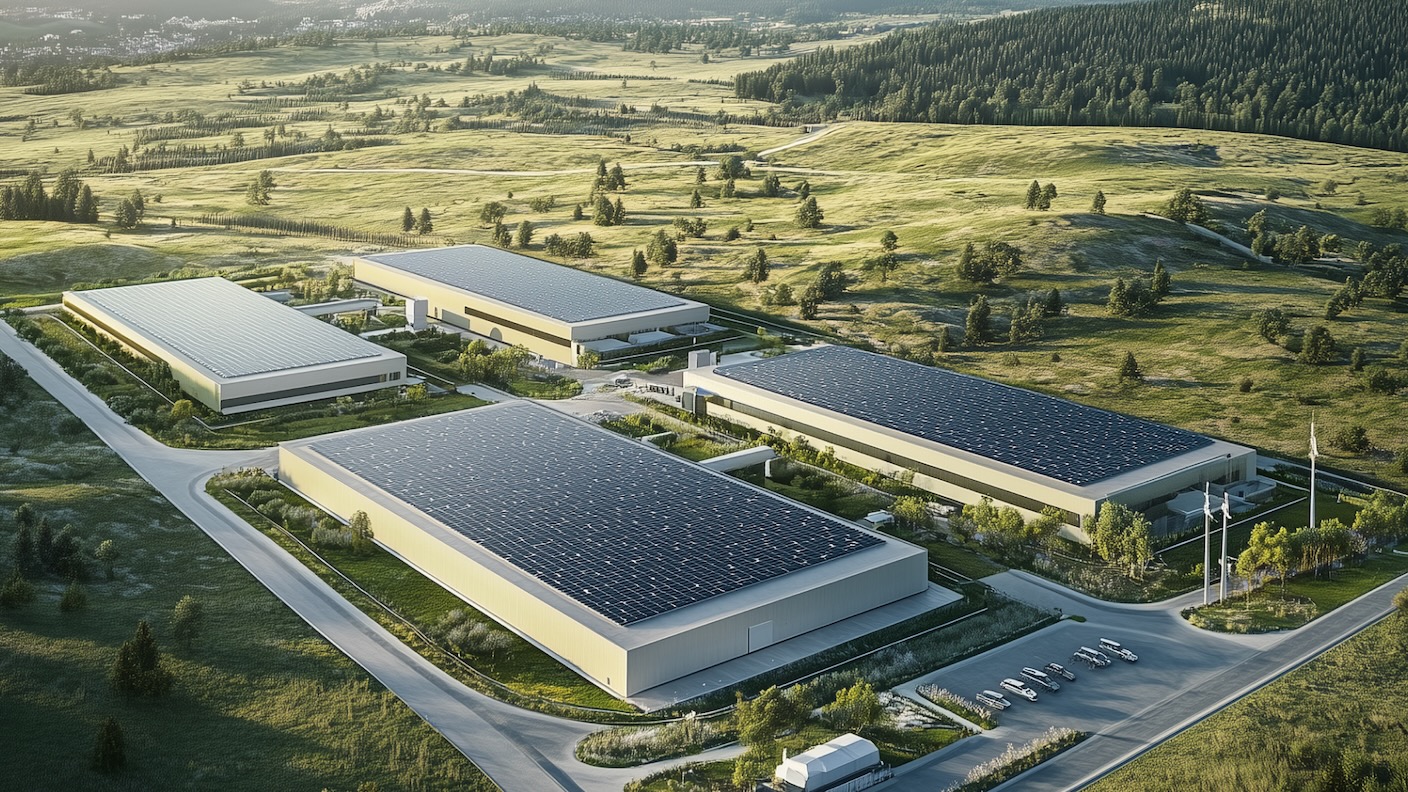Considerations in regards to the environmental influence of AI have prompted massive tech companies to discover unique choices for decreasing their emissions. Now, Meta plans to strive fueling its knowledge facilities with geothermal energy.
Right now’s largest AI fashions devour huge quantities of electrical energy. That is considerably rising power payments for the tech companies constructing these fashions and making it more durable for the businesses to dwell as much as formidable pledges they’ve made to chop carbon emissions.
In consequence, these firms are on the hunt for brand spanking new sources of renewable power to fulfill demand with out rising their carbon footprint. Photo voltaic and wind energy are inevitably the go-to decisions, however given the already tight competitors for entry to renewable energy, some tech giants are additionally trying to rising applied sciences.
That’s why Meta lately introduced a brand new partnership with Sage Geosystems. The corporate’s expertise generates carbon-free energy by pumping water deep into sizzling underground rock formations. Underneath the settlement, the startup will present as much as 150 megawatts of geothermal energy to assist run Meta’s knowledge facilities.
“Sage’s expertise marks a big development for the clear power sector, showcasing the power to harness geothermal power nearly wherever,” Meta stated in a press launch saying the deal.
“We’re excited to companion with Sage on a first-of-its-kind challenge exploring the usage of new, superior geothermal power in components of the nation the place it has not been attainable earlier than.”
Geothermal energy is a beautiful possibility for knowledge heart operators as a result of, not like different renewable sources like photo voltaic and wind, it isn’t intermittent. However standard vegetation require entry to underground reservoirs of sizzling water, which solely happen in a number of areas across the globe with excessive ranges of volcanic exercise.
So-called enhanced geothermal expertise removes this constraint by getting rid of the necessity for a pure water reservoir. Piggybacking off “fracking” expertise developed by the oil and fuel business, the strategy includes pumping high-pressure water down into sizzling, dry rocks to create fractures that may be stuffed with water. The heated water is then extracted, changed into steam, and used to drive a turbine to generate electrical energy.
This vastly expands the variety of places during which a geothermal plant could be constructed. The expertise continues to be nascent, however Sage has already field-tested the strategy at an deserted fuel properly in Texas and advised The Verge that it expects to have the ability to scale up the strategy quickly as a result of it makes use of “off-the-shelf” applied sciences from the oil-and-gas business.
How quickly the expertise will make a dent in Meta’s power invoice stays unsure although. An preliminary 8-megawatt first section of the challenge isn’t anticipated to come back on-line till 2027. It is going to then be one other couple of years till it’s as much as the complete capability of 150 megawatts. And crucially, the businesses haven’t truly signed an official energy buy settlement but, The Verge notes.
The partnership will nonetheless enhance a fledgling business, and Meta isn’t the one massive tech participant . Final 12 months, Google introduced that a few of its Nevada knowledge facilities are being powered by an enhanced geothermal plant constructed by a startup known as Fervo.
Geothermal might face some competitors although. Massive tech firms are additionally more and more trying to nuclear energy as a possible supply of dependable, carbon-free energy. Microsoft, specifically, is inquisitive about creating small modular reactors to assist run its knowledge facilities.
And there’s nonetheless a protracted street forward for enhanced geothermal energy. A latest report from the Division of Vitality estimated that it will take roughly $20 to $25 billion price of funding to show the expertise and create a self-sustaining business. That’s doable by 2030, based on the report, however would require continued value reductions and several other large-scale demonstrations to construct confidence.
Given the tech business’s ever rising power calls for mixed with a dedication to decrease emissions, these firms might be probably the most promising route to creating {that a} actuality.
Picture Credit score: Sage Geosystems


